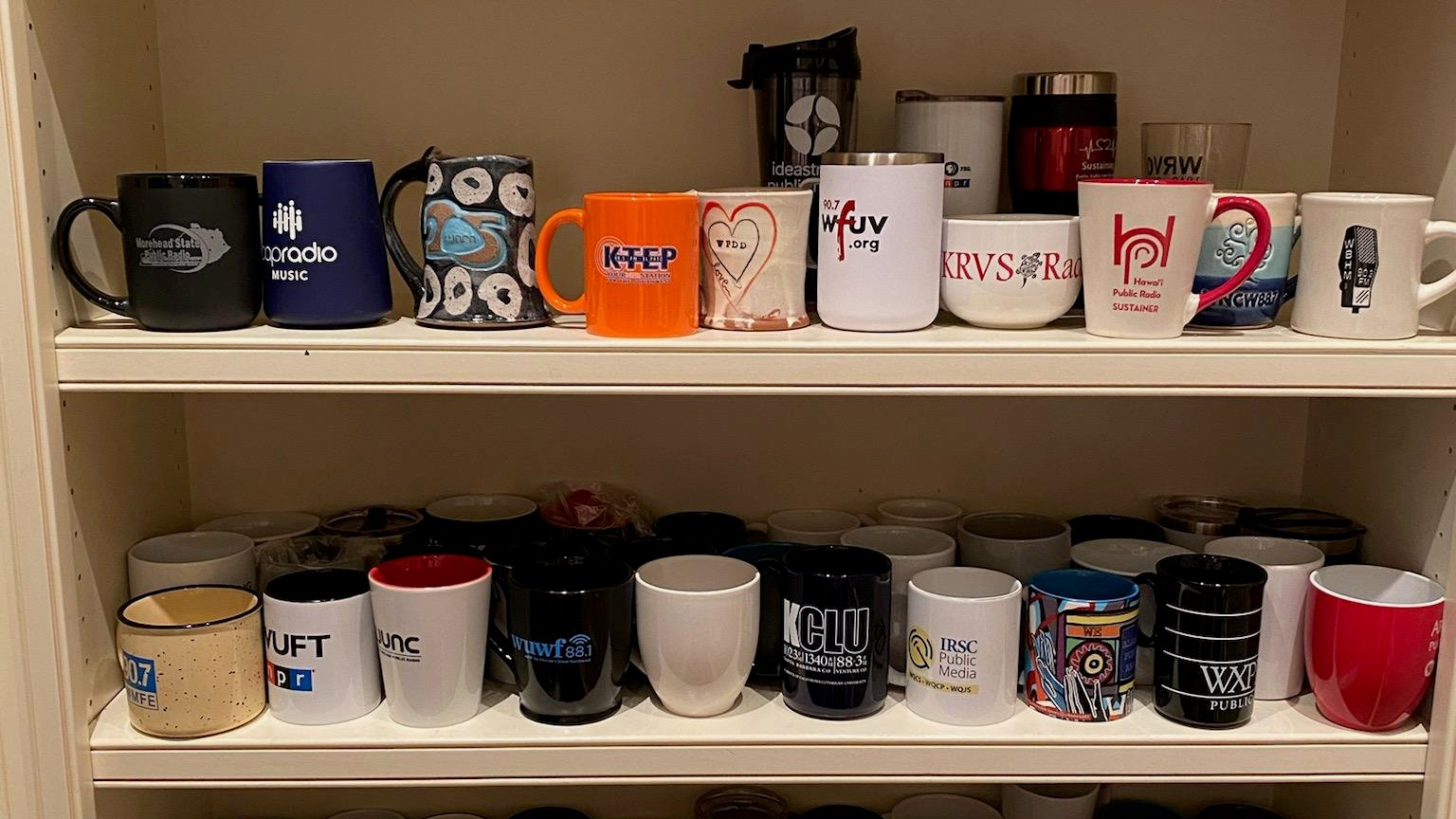FCC takes new look at how it settles competing applications from noncoms
The FCC is seeking comment on proposed changes to its process for awarding licenses for noncommercial TV, FM and low-power FM stations.
Many of the changes detailed in a Notice of Proposed Rulemaking released Thursday focus on how the agency awards a license when two or more noncommercial broadcasters apply to broadcast on the same frequency.
The proposed changes are intended to “clarify, simplify, and otherwise improve our selection and licensing procedures for new NCE broadcast and LPFM stations,” the commission said in the NPRM, “eliminate unnecessary applicant burdens, and reduce the number of appeals of our NCE comparative licensing decisions.”
The FCC uses a point system to determine which applicant receives a construction permit when two or more compete for the same frequency in a filing window. It awards points based on criteria such as whether the applicant is local and whether they own any stations whose coverage areas would overlap with the new station.
Among the changes, the FCC is considering dropping a requirement that applicants amend their governing documents to qualify for points based on localism and diversity of ownership. Currently, applicants must amend their documents to pledge that they will continue to remain local and not own overlapping stations to receive full points for those criteria. These requirements have had the “unintended effect of frustrating and confusing many applicants,” the NPRM said.
The FCC is also seeking comment on how it could improve the process for breaking a tie when competing applicants receive the same amount of points. It now breaks ties based on which applicant owns the fewest stations and, if needed, which has the fewest pending applications for new stations and major changes to existing stations. It uses time-sharing as a last resort. Tied LPFM applicants move directly to time-sharing.
The FCC expects more ties in future noncommercial FM filing windows, the NPRM said.
Other proposed changes would affect LPFMs in particular. The FCC suggested extending the term of an LPFM construction permit from 18 months to three years.
That change would “lessen some of the pressures to get on the air,” which have caused problems for would-be LPFM broadcasters, said Ernesto Aguilar, membership program director for the National Federation of Community Broadcasters.
Another proposal would forbid LPFM applicants from updating applications to reflect that they have cut ties with a party to their application who had participated in unlicensed broadcasting.
That change would help “create space for bonafide nonprofits without such baggage to serve their communities through radio,” Aguilar said.
“We are hopeful that the proposed changes represent the start of a much-needed conversation about LPFM’s future and the possibility of expansion, as well as new filing windows that so many communities desperately need,” he added.
NPR’s policy team is reviewing the proposal and declined comment through a spokesperson.
FCC commissioners will consider the NPRM at a Jan. 30 meeting.






